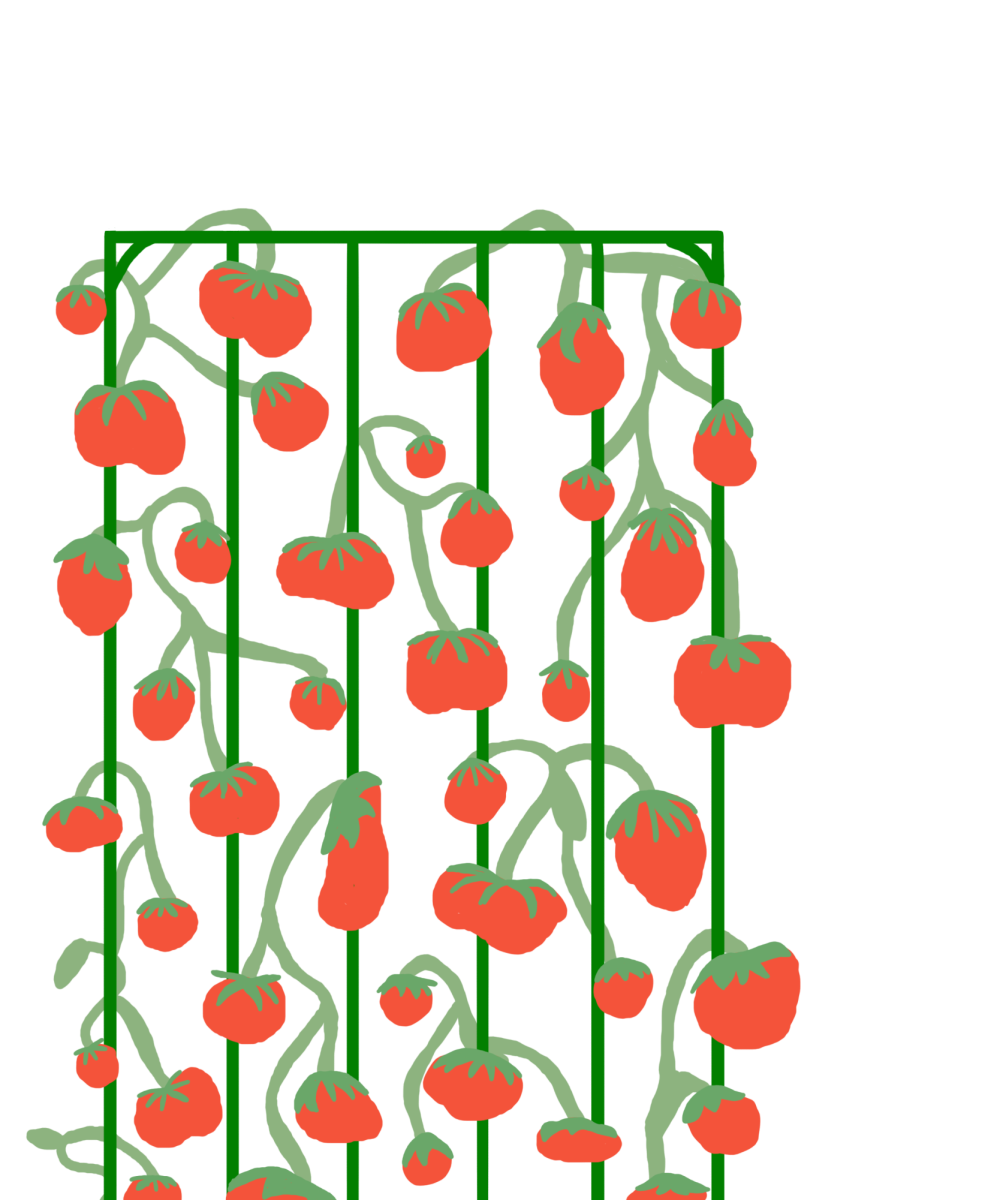A student’s grade point average is an essential part of his or her high school experience. Our GPAs are used to identify how we are perceived within the school, reflect the type of student we are, and have a direct impact on our futures. Because of this, many larger schools “weight” grades, assigning a greater weight to more advanced classes; for example, a class like Advanced Placement Calculus would hold more weight than a physical education class. This serves to more accurately represent the academic aptitude of students.
“Weighted grades encourage high school students to take accelerated and advanced classes,” Dr. Natalie Cauldwell, principal of Glendale High School, said. “We hope the rigorous courses will stimulate our students to embrace learning and advance farther in their working and/or academic careers.”
Students at these schools have also realized the potential of weighted grades, and use them to their advantage.
“Weighted grades definitely make me work harder because of the importance they place on tests and projects. They also make me choose more challenging courses because they make my GPA better,” junior Sai Supriya Vuda of Glendale said.
Some students at Rolla High School feel that not giving particular classes some weight can work against their academic standing.
“The thing that bothers me the most about Rolla not having weighted grades is that class rank is solely based on GPA,” junior Marybeth Sells said. “It’s not fair that people that take harder classes and sometimes get B’s have a lower class rank than those who take easy classes and get A’s.”
It seems that many RHS students would be behind the movement of changing the grading system; however, not everyone would benefit.
“I think that a lot of people in the student body would like [weighted grades]. It would help out a lot. There are also people who take easier classes to make their GPA look better. Those people are probably against it,” Sells said.
Though this system can be beneficial to those enrolled in accelerated classes, there can be some major drawbacks to putting so much stress on a student’s GPA. Many, in an effort to maintain the highest GPA possible, may elect not to take classes such as Band or Choir because they do not hold more weight than any other “average” class.
“Students are accustomed to our grading system and
know how to ‘work the system’ to attain the highest possible GPA for class rank. Some students do not enroll in various classes simply because they are not weighted. Students lose out on valuable learning experiences because they do not believe they can afford to take a non-weighted class,” Cauldwell said.
Additionally, the system tends to favor the higher-achieving students in the school.
“Top performing, college bound students tend to be the most positively affected group,” Cauldwell said.
However, most students seem to accept the challenge that weighted grades present in order to reap the benefits they carry.
“Personally, I prefer the weighted [grades] because it is definitely more challenging and gives more of a college experience. I can also see why people would choose non-weighted [grades] because there is a safety net of not having to stress about
the tests. Glendale pushed me out of my comfort zone because it made me study twice as hard for those tests and work really hard on the projects. I believe that Glendale’s system has my future in the best interest because of the courses,” Vuda said.
While no system of grading can truly please everyone, it is apparent that there is room for change at the school.
“I don’t know the exactly what we would have to do to fix the system. We should look at other schools who have a good system in place. The system we have now really discourages people from taking harder classes. In a way it punishes students for trying to learn at a higher level. Maybe we need a whole different scale for those taking upper level classes. I’m not sure the best way to do it, but I know that it should change,” Sells said.
Categories:
Are weighted grades advantageous?
Rohit Allada, Staff Writer
December 17, 2013








